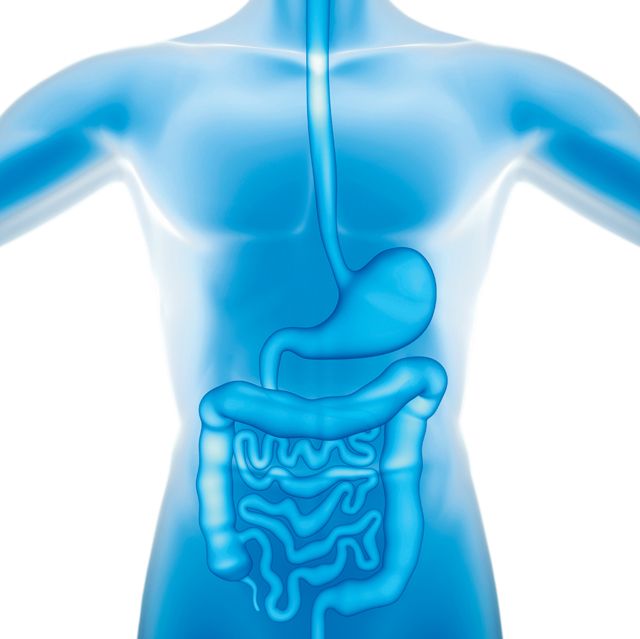Oligofructose from Chicory Root Fiber Supports Bowel Regularity in New Study
Results from a recently published study show that supplementation with Beneo’s oligofructose chicory root fiber ingredient, Orafti P95, may help to improve bowel regularity in subjects with low dietary fiber intake, as well as help “bridge the fiber gap” in many North Americans’ diets.
Photo © iStockphoto.com/iLexx

Results from a recently published study show that supplementation with Beneo’s (Morris Plain, NJ) oligofructose chicory root fiber ingredient, Orafti P95, may help to improve bowel regularity in subjects with low dietary fiber intake, as well as help “bridge the fiber gap” in many North Americans’ diets.
The study authors note that inadequate fiber intake is a major contributing factor to such digestive-health problems as constipation and bowel irregularity. Currently, they write, less than 10% of the North American population consumes adequate fiber-25 g/day for women and 38 g/day for me. They authors also state that while adequate amounts of fiber can be obtained from food sources, the efficacy of those fibers can vary significantly. Thus, additional supplementation with a high-fiber ingredient may be needed.
The randomized, double-blind, placebo-controlled, parallel-designed study,1 published in the journal Nutrients, included 97 healthy adults-80% of them women-who experienced bowel irregularity associated with low fiber intake. The participants were supplemented with a gradual increase in Orafti oligofructose from 5 g/day at the start of the study up to 15 g/day. A control group was given maltodextrin at 15 g/day for the entirety of the study. The study itself was carried out over a period of four weeks, with a three-week run-in phase during which all participants received three sachets per day of the maltodextrin placebo.
Each day of the study, participants reported whether they had had a bowel movement, and rated gastrointestinal sensations (noise, pressure, pain, bloating, and gas) on a scale of 1-10. Researchers measured participants’ stool consistency based on the seven-point Bristol Stool Form Scale.
At the end of four weeks, the researchers observed that while subjects’ fiber intake did increase, many participants in both the oligofructose and maltodextrin control groups still fell short of the recommended daily fiber intake. The researchers point out, however, that 65% of the women in the oligofructose group did meet the requirement of 25 g/day-a substantial increase in fiber intake compared with the participants’ fiber levels at the beginning of the study. None of the men in the study met the recommended 38 g/day.
Stool frequency was significantly improved in the oligofructose group. Stool consistency likewise improved in the subjects supplemented with 15 g/day oligofructose who already consumed a “certain, but still insufficient” amount of fiber in their usual diets. Finally, gastrointestinal sensations significantly decreased in the oligofructose group compared with the placebo group.
Randal Buddington, PhD and lead author of the study, University of Memphis, concluded: “Our study definitively showed that bowel regularity is one of the many health effects gained from the prebiotic fermentation of chicory root fibers. A daily supplementation with oligofructose not only increased dietary fiber and significantly improved bowel regularity but also did so without causing gastrointestinal distress.”
Added Anke Sentko, regulatory affairs and nutrition communication, Beneo, in a press release from the company: “Sufficient dietary fiber and a good mix of various fiber types are essential for digestive health. These soluble, non-viscous, and fermentable fibers are proven prebiotics and thus naturally improve the microbiota composition in the gut. The prebiotic fermentation process leads to a stimulation of the gut contractions so that laxation is improved in a natural way.”
References:
- Buddington R et al., “Oligofructose provides laxation for irregularity associated with a low fiber intake,” Nutrients, vol. 9, no. 12 (December 2017): 1372








